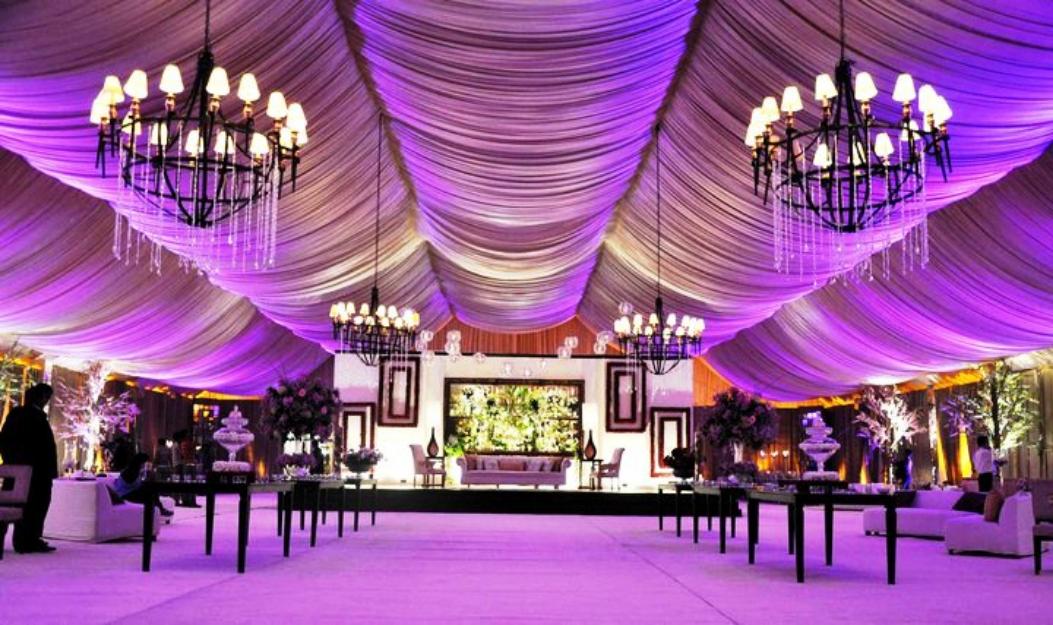Learning design consultants include those who work as interior designers, fashion designers, and graphic designers. They may, for example, help customers make the most of their living space by drawing up design plans, selecting color schemes and styles, arranging furniture, and maintaining lights and other equipment. They might also engage in graphic design, taking photos and creating images for company websites and products.
Design consultants and delivery consultants can also research the current fashion trends and incorporate them into apparel, footwear, accessory designs and take care of business operations. Whatever industry you work in, keep in mind that the objective is to suggest and produce concepts that strike a balance between beauty and utility.
If you like interacting with people and have a wonderful sense of color, texture, and lighting, being a design consultant can be a good fit for you. Whether you work for a consulting business or as a solo consultant, your first responsibility will be to meet with your customers and determine their needs. Following that, you can provide blueprints or drawings based on your clients’ ideas and your design knowledge, as well as work on business process redesign. After that, you’ll provide recommendations for flooring, paint, wallpaper, furniture, room accessories, window treatments, and lighting, as well as supply samples. Finally, you’d provide price and budget information to your clients and, if necessary, hire subcontractors to assist with plumbing, electricity, and drywall.
What do Design Consultants do?
Architects and other project participants frequently collaborate with design consultants. While designers are most often associated with ornamentation, they often pick architectural details such as molds and other woodwork embellishments. In new construction or restoration, you may also be requested to assist with the location of doorways, closets, paths, and other aspects. Further, you may have to supervise business operations.
Many interior learning design consultants specialize in one or more areas, like kitchens, closets, bathrooms, indoor gardens, home spas, and so on. You could discover that you have a talent for a particular form of design, like green design (which emphasizes energy efficiency, non-toxic materials, and renewable resources), or plan for a specific demographic – including children, the disabled, or the elderly.
Many Design Consultants and Delivery Consultants need distinctive proficiency to fulfill their responsibilities. We’ve compiled a list of some of the required skills.
- Manage contracts for printing, website, exhibit design, and the vendor RFP process.
- Manage project requests for facility and equipment installation in order to procure out-of-stock products based on client requirements.
- Create a business identity, as well as materials and a logo.
- Project manager for big and minor transportation projects and policy and procedural recommendations for project design and development.
- Manage email newsletters, digital promotional creative, graphical print marketing materials, and design and customer experience.
- Develop and design brochures to aid in promoting the company’s image.
- Create book layouts with the idea of future upgrades in mind.
What Does It Take to Become a Design Consultant?
If you want to work as a Design Consultant, one of the first things you should think about is how much schooling you’ll need. A bachelor’s degree in graphic design, interior design, business, or fine arts is the most typical educational requirement. In addition, creativity, excellent communication skills, product understanding, design process, digital learning capabilities, java, and listening skills are all required. When it comes to learning how to become a Design Consultant, picking the correct major is crucial.
Kinds of Design Consultants
Interior Designers
Interior design experts can specialize in both decoration and architectural elements and layout planning. Designers of commercial and interior spaces build new goods or modify current ones. They basically assist clients in making the most of their living space by arranging furniture, lighting, and other fixtures, creating design plans, and choosing color palettes and styles. A bachelor’s or associate’s degree is usually required for a job in fashion design.
Graphic Designers
A graphic designer’s job is to use the visual arts to deliver a client’s message. They create images and graphics for company websites and products. Color schemes and layout are their responsibility, and they frequently use graphics tools to do it. In any firm, graphic design consultants may work for themselves or for clients on a contract basis. Graphic designers must have a bachelor’s degree in fine arts or graphic design. The standard curriculum at these institutions includes studio art, design ideas, liberal arts, marketing, and business.
Fashion Designers
Fashion designers study the most recent trends while creating clothing, footwear, and accessories. Fabric selection, color palettes, collection themes, and marketing are all things that they can help with. Fashion consultants may specialize in one or more aspects of the industry, such as footwear or accessories. As self-employed consultants, they can work with clothing manufacturers or retail businesses. Fashion design normally needs an associate’s or bachelor’s degree. Certain colleges offer fashion design degrees, or students can combine fashion design with business, marketing, or merchandising degrees. A fashion design school could teach human anatomy.
The Bottom Line
A learning design consultant‘s job is to provide design concepts that are both useful and appealing. Interior designers, fashion designers, and graphic designers are all examples of design consultants. All have the same aim: to create a space or product that combines form and function. Many design consulting roles demand a bachelor’s degree as a minimum educational prerequisite.









:max_bytes(150000):strip_icc()/GettyImages-912637018-843880859f6949a786276bb17dbc2435.jpg)

